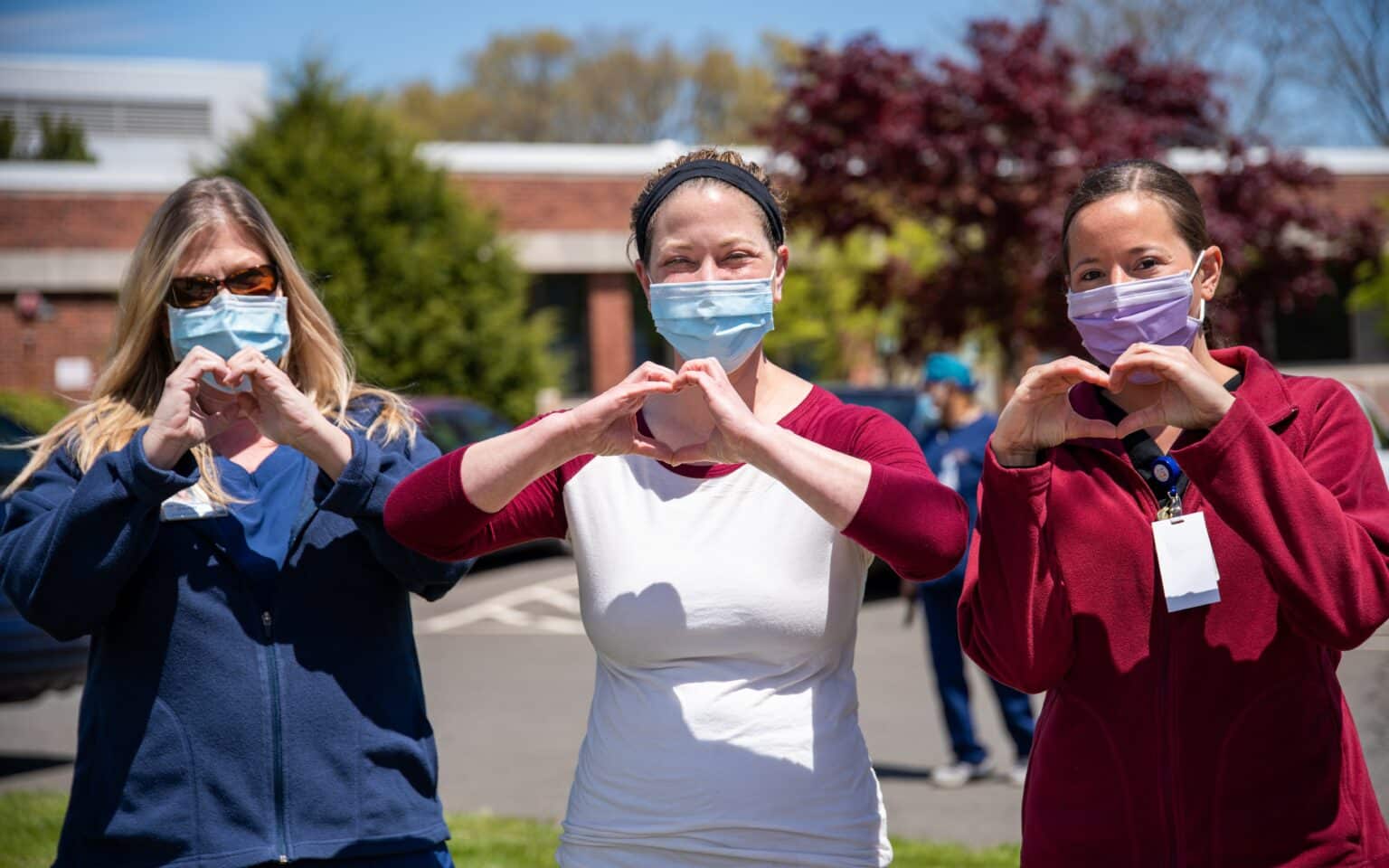Overworked nurses at understaffed hospitals across the country are warning that it’s just a matter of time before they and other frontline health care workers give up and walk the picket line, following the lead of thousands New York City nurses this week.
More than 7,000 nurses ended their three-day strike at two private New York City hospital systems on Thursday after coming to a deal for “safe staffing ratios” for all inpatient units “so that there will always be enough nurses at the bedside to provide safe patient care, not just on paper.”
The union that represented the nurses who work for Mount Sinai Health System and Montefiore Health System had argued the system could no longer function with the widespread staffing shortages that have arisen due to the outbreak of Covid-19.
But the New York City walkout was just the latest dispute between nurses and their employers.
Last year, six unions representing a total of 32,000 nurses launched strikes outside of hospital systems across the country, according to the Bureau of Labor and Statistics (BLS). Those strikes represented about one-fourth of all the major strikes in the U.S. last year, an increase from the year before.
“There’s no place that’s immune from what’s happening with the nursing shortage,” said Michelle Collins, dean at the College of Nursing and Health at Loyola University New Orleans. “It’s everywhere.”
This week, the Maryland Hospital Association is reporting that many hospitals in that state are already at 90% capacity, and some are completely full, amid the “tripledemic of Covid, the flu and the respiratory syncytial virus known as RSV.
Meanwhile, The Washington Post reports that it’s a situation that’s likely to continue for years nationwide, as winter Covid surges push hospitals across the country to capacity–and often beyond.
Nurse shortages were already plaguing some hospitals years before Covid hit, and signs of a crisis loomed as a large percentage of the workforce was nearing retirement age.
A policy brief from the Department of Health and Human Services (HHS) last year found that more than half of all nurses were over the age of 50, a much higher percentage compared with the overall U.S. labor workforce, where only one-fourth of workers are 55 or older.
Aspiring nurses are lining up to replace those retirees. However, that effort has been further hindered by widespread faculty shortages at nursing colleges. In 2021, nearly 92,000 qualified nursing school applicants were denied entry into a program, largely because of a shortage of educators, according to the American Association of Colleges of Nursing.
The American Nurses Association asked Health and Human Services Secretary Xavier Becerra to declare the nursing shortage a national crisis in late 2021.
Becerra hasn’t declared a crisis, but he has met with association as well as other health care leaders to discuss the shortage.
In the meantime, White House Covid-19 response coordinator Ashish Jha told The Washington Post that the American health care system may not be able to withstand the continued strain.
“I am worried that we are going to have, for years, our health system being pretty dysfunctional, not being able to take care of heart attack patients, not being able to take care of cancer patients, not being able to take care of the kid who’s got appendicitis because we’re going to be so overwhelmed with respiratory viruses for…three or four months a year,” he said.


